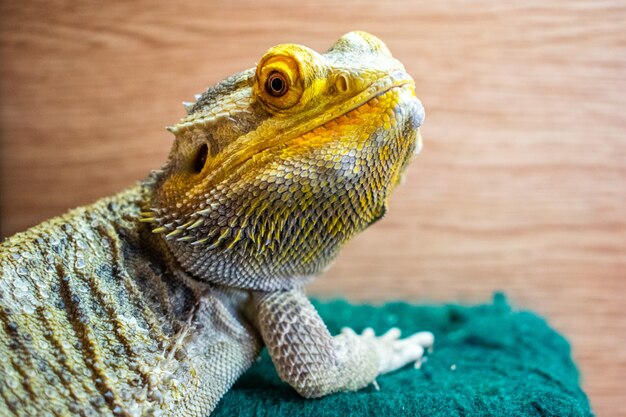New house resolution puts exotic pet owners at risk
February 16, 2022
On Feb. 4, the U.S. House of Representatives passed the COMPETES Act to be reviewed by the Senate. Right before the act was passed, House Resolution 4521 (HR 4521) was silently added to the list of things to be implemented.
HR 4521 is a series of Lacey Act amendments that will change the wording, and effectively the purpose, of the Lacey Act to affect keepers of all animals who are non-domesticated and animals not listed on the soon to be made White List. This means all birds, reptiles, aquatics, invertebrates, arachnids, and more in all areas of animal keeping.
The Lacey Act is a federal law that “combats illegal trafficking of wildlife, fish, and plants” according to the US Department of Agriculture. It monitors the legal transportation of certain species of plants and animals within the continental United States through a series of black lists that exist by state, with a very small black list within the Lacey Act itself.
HR 4521 will change the current black list to a federal White List, meaning that any species not listed on this white list (which is still to be determined but is said to contain only domesticated animals) will be illegal to transport across state lines for any reason. This means moving, buying/selling, temporary veterinary care, and educational programs from both individual owners and large organizations of reptiles, birds, aquatics, invertebrates, arachnids and other common exotic pets and their eggs/offspring will be a federal crime.
Individuals who are found guilty of breaking the Lacey Act law can be charged up to $10,000 per offense on a civil level, and up to $20,000 and/or five years in prison on a criminal level. This penalty will remain unchanged even if HR 4521 were to pass through the Senate.
According to the National Animal Interest Alliance (NAIA), not only will this have a drastic effect on the exotic pet trade and the individuals and businesses within it, having a white list for the entire country could lead to problems with delays on legal animal transport. “Misidentifications and mistakes by inspectors can lead to holding and seizure of perfectly legal shipments, resulting in significant stress on the animals being transported,” according to the NAIA.
The United States Association of Reptile Keepers (USARK) is currently working to stop HR 4521 from passing in the COMPETES Act, which has yet to be finalized and sent to the Senate.
Click here to see what steps the USARK recommends to take to stop HR 4521 and to learn more about the Lacey Act and the COMPETES Act.



Grace • Mar 1, 2022 at 8:34 am
I’m surprised how few news articles have been written about this law.
It’s not just pet owners that will be affected by this. Zoos, animal conservators, endangered species, and it will trickle down to big name pet stores who will not be able to provide any supply, and will also have to reduce items for exotic pets when they begin to decline in captivity. When no one can sell/buy exotic pets, companies will stop making food for exotic pets. Animals will die of nutrition deficiencies and starvation. Animals will die of lack of vet care because they’re afraid to go to jail when their bird gets sick.
The people who drafted this bill have no clue how beneficial breeding programs are for threatened species. Were it not for the pet trade industry, golden conures would still be critically endangered.
Jay Kusnetz • Feb 21, 2022 at 4:24 am
you may want to do a follow up. Mice used in scientific research come from only 3 places in the US. Often they are genetically modified. This *may* cause them to not be on the whitelist in this act. Interview with a lawyer about this would be nice